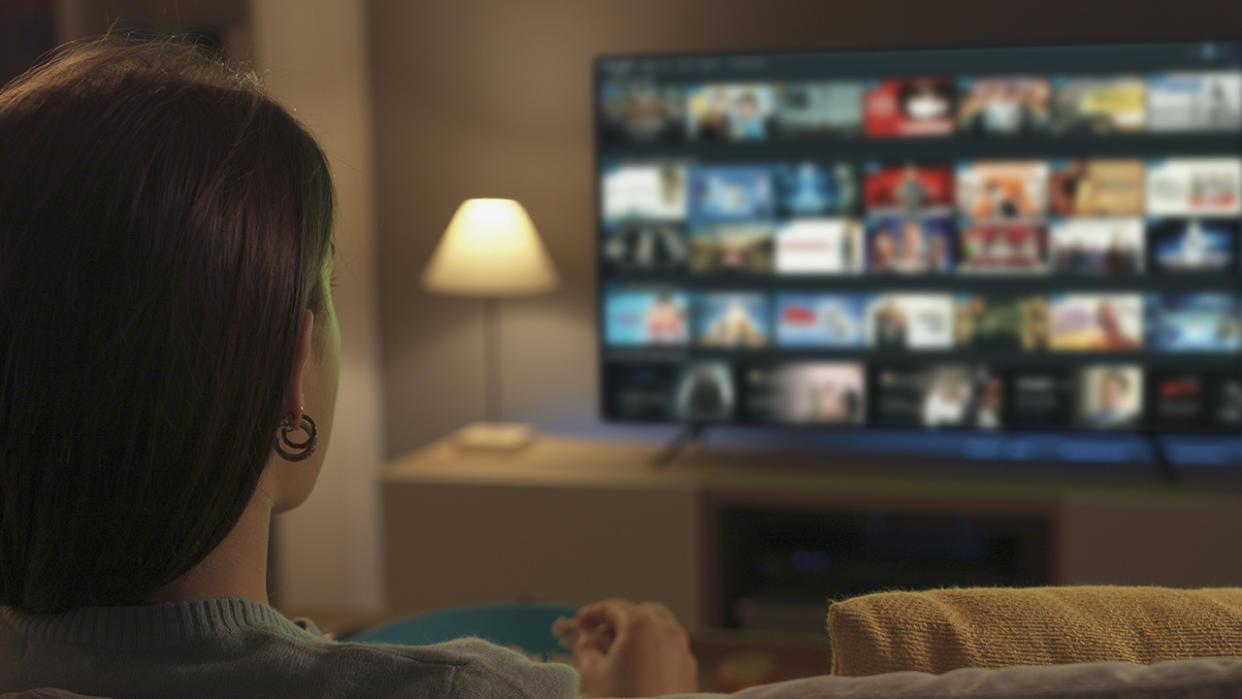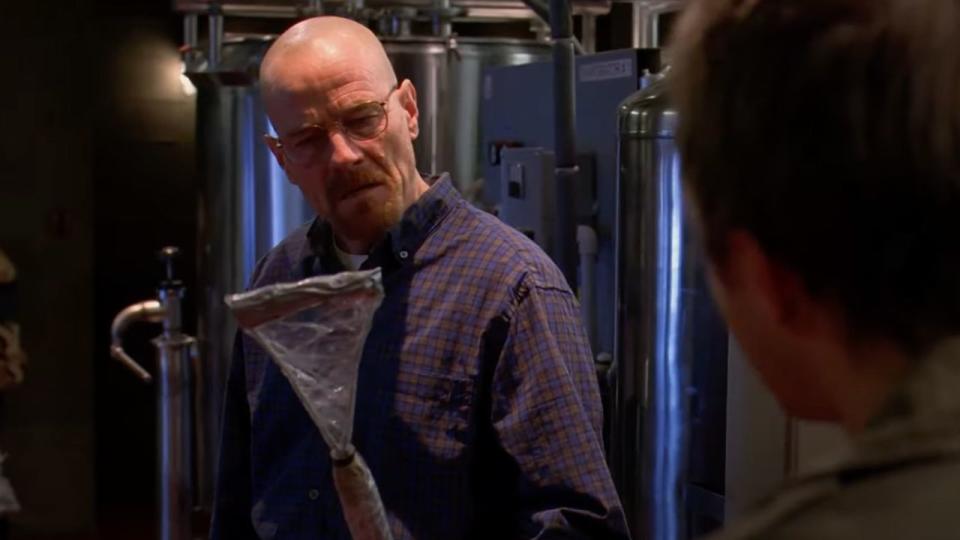Why I Think Binge-Watching Is Absolutely Ruining TV

Binge-watching is one of the biggest draw of the streaming era of television. For years now, Netflix, other streamers, and fans have claimed that the binge model has saved television, but in my opinion, binge-watching is absolutely ruining TV.
I’m guessing a lot of avid binge-watchers feel the same, but they’re too afraid to say it out loud. Thankfully, I am not one of those fans. Instead, I’m one who has an entire list of reasons why binge-watching is ruining TV. Let's dig in.
Avoiding Spoilers Is Impossible For Busy And Slow Watchers
Binge-watching may have been promoted as a way to watch what we want, when we want, however much we want, but make no mistake; it hasn’t given us the freedom many might think it has. Instead of only having to catch up on one episode a week, fans with busy schedules who can’t binge-watch for hours have to figure out a way to watch entire seasons or risk being spoiled.
When Season 4, Volume 2 of Stranger Things released, I had to shut my phone off for the entire day and threaten everyone around me to keep quiet until I had the time to watch the monstrously long episodes in one sitting so I wouldn’t spoil anything, and I expect the same thing to happen with Stranger Things Season 5's release. That’s not a fun way to watch TV!
It Has Extinguished Slow Burn Storytelling
Before the age of streaming and instant gratification from plots, television shows were allowed to breathe. Think about it — it took Jim and Pam of The Office until Season 4 to get together. Leslie didn't’ even meet Ben until the end of Season 2 in Parks and Recreation. Even shows like Breaking Bad didn’t hit their stride until later seasons.
Those kinds of things don’t happen anymore in the binge-watching age. Couples get together quickly, and plots are explosive from the first episode. Now, it’s all about getting people to watch a show and watch it fast. Gone are the days of getting to know a character before getting thrown into their world.

There’s No Room For Lengthy ‘Water-Cooler’ Talks
“Water cooler” talks might be an archaic term nowadays, but the principle still stands. People want to talk about what they’re watching with their friends, coworkers, and other fans. However, this has become increasingly more difficult in the age of streaming.
When shows were released weekly, everyone was tuning in at the same time and day (or as close to it as possible). But with binge-watching, families watch programs in their own time.
Not only do people have different streaming subscriptions, but even amongst everyone who has a Netflix subscription, for example, this means fewer people are talking about what they’re watching because no one is watching the same thing at the same time. Watching tv has become an isolating activity instead of one meant to bring communities together, and I hate it.
It's Killed Fandom Longevity
Of all my points, I fear this is going to get the most pushback, so let me explain. Sure, fandoms are most active when the show is initially released, but after a few weeks, all that excitement ends.
Fandoms used to last years; now, fans are lucky if they get a few good months out of it. Why? Because not having to wait for a new episode each week means there’s less time to theorize about what’s going to happen in the next one.
Imagine if Stranger Things Season 4 dropped one episode a week. How many fans would have taken to social media after the first episode dropped to wonder who the creepy guy who attacked Chrissy Cunningham was? The fan engagement would have been through the roof! But none of that happened because Episode 2 immediately started playing.

Shorter Seasons Mean No More Fun “Filler” Episodes
One of my biggest issues with the binge-watching model is that it has led to shorter seasons of TV. Twenty-two episode seasons don’t exist anymore. Instead, we’re stuck with 10 episodes if we’re lucky, but most shows are falling in the 6-8 episode range.
Short seasons mean we no longer get fun, character-driven episodes. Sure, plot-driven episodes are exciting, but the true beauty of TV was once its ability to dive into characters’ heads.
There’s an episode of Breaking Bad where Walter spends the entire time trying to keep a fly out of the lab to prevent contamination. Though the plot might sound frivolous, it's one of the best Breaking Bad episodes because it shows fans more about Walter’s perfectionist tendencies. It might not advance the plot all that much, but who cares when we’re having fun watching Walter go to war with a fly?
Every Show Is Serialized Now And Ends In Cliffhangers
Another crime binge-watching has committed is killing episodic television. Nowadays, every episode has to end on a cliffhanger so that we don’t exit out when Netflix auto-plays the next episode. It works for some shows, but most of the time, it weakens the effectiveness of cliffhangers (makes us all sleep deprived).
What once was exciting is now predictable and expected. I can’t even get through an episode of Heartstopper without it ending on some dramatic question. There just shouldn't be a cliffhanger at every episode ending; it's not necessary!
Most Audiences Forget What They’ve Watched After Finishing A Show
The biggest reason why binge-watching is ruining TV, though, is that binge-watchers typically forget what they’ve watched the minute they exit out of a show.
We used to be able to sit with a show for weeks at a time and really get into the characters and stories. Now we’re binging shows like we’re cramming for some big exam just to forget everything we watched the minute we finish it.
I can’t tell you how many times I’ve started a Netflix show and gotten through two whole episodes before I realize I’ve watched it before. And don’t even get me started on when a new season drops. Those Netflix recaps just aren’t long enough for my binge-watching amnesia brain. If I spend hours of my life watching something, I want to remember it!
I know not everyone is going to agree with me that binge-watching has ruined TV, but as more and more streaming services like Prime Video start to release shows weekly instead of all at once, maybe you’ll start to see that I’m right on this one. Until then, have fun binge-watching all the hits on the 2023 TV schedule and promptly forgetting what happens in them.
